
I don’t exactly know why Classical Greek stuff is so important to me. Unlike many of my interests at this age I have difficulty tracing origins of my interest in Plato, Homer, and the great Greek playwrights.
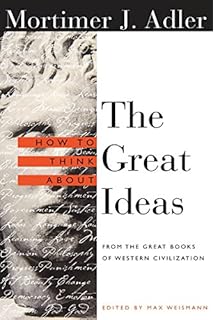
Probably Mortimer J. Adler had something to with it via his Great Books anthologies.
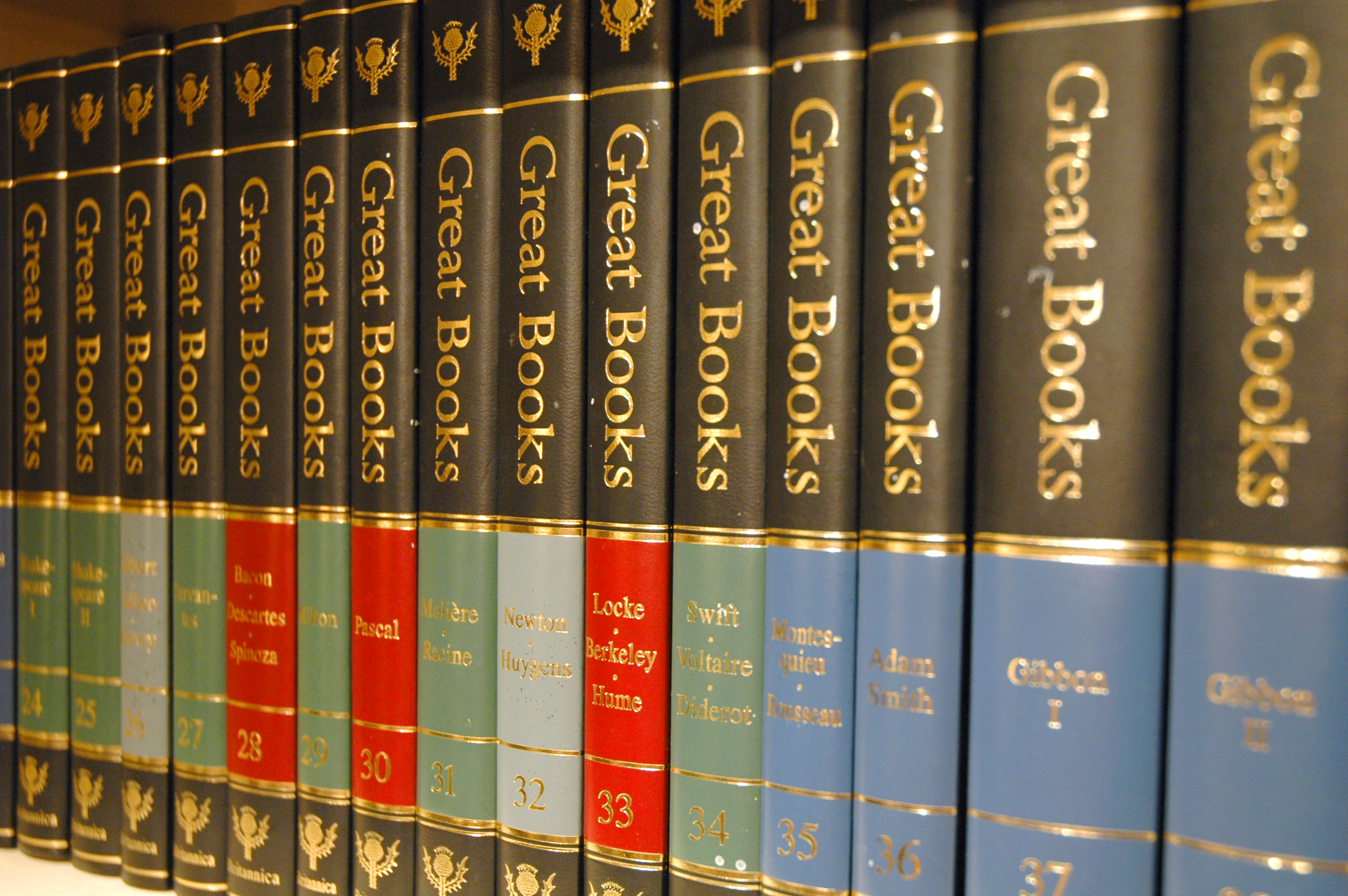
Also studying history of any part of the Western Civilization (e.g. music, art, literature, politics , philosophy) leads one back to the Greeks. The terms Greeks used for their modes are still used to talk about some musical modes. Terms like Dorian, Mixolydian and so on.
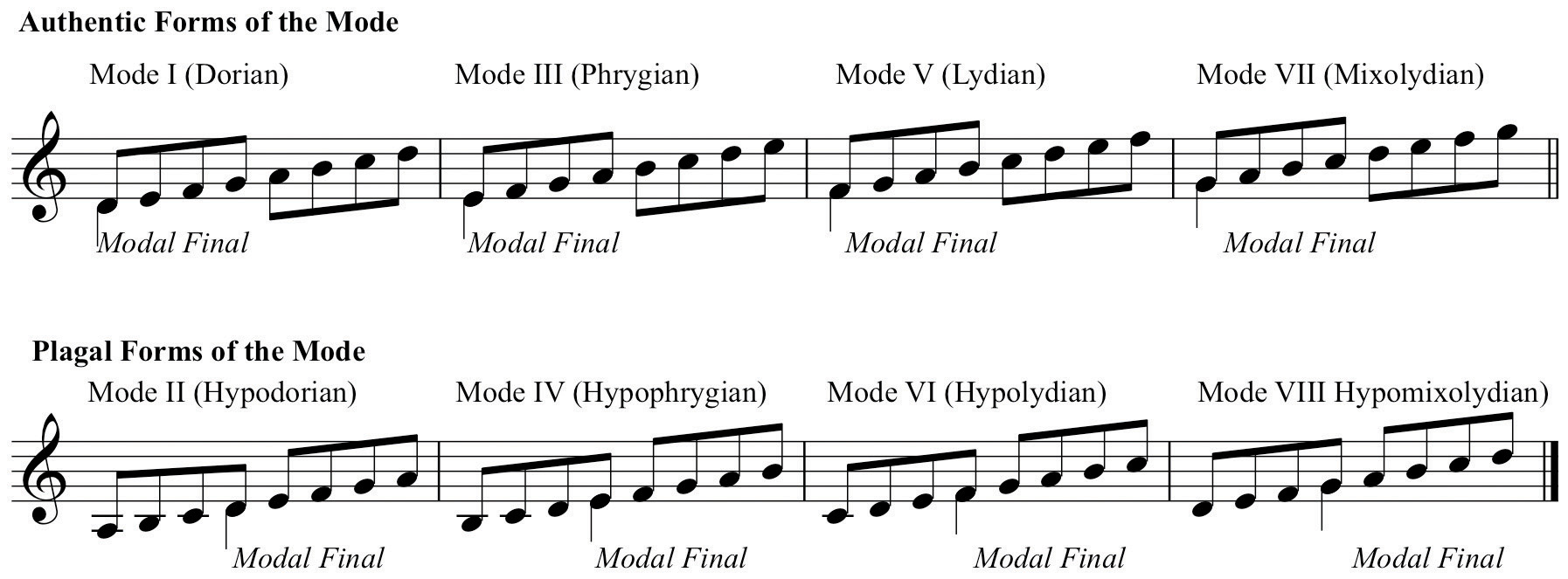
I have read both the Iliad and the Odyssey through at least twice in English. For some reason it catches my imagination. I am intrigued that its origin was probably aural. I would like to know how the poetry works. I understand that it’s in couplets. But look forward to learning much more when I can read it in the original Greek.
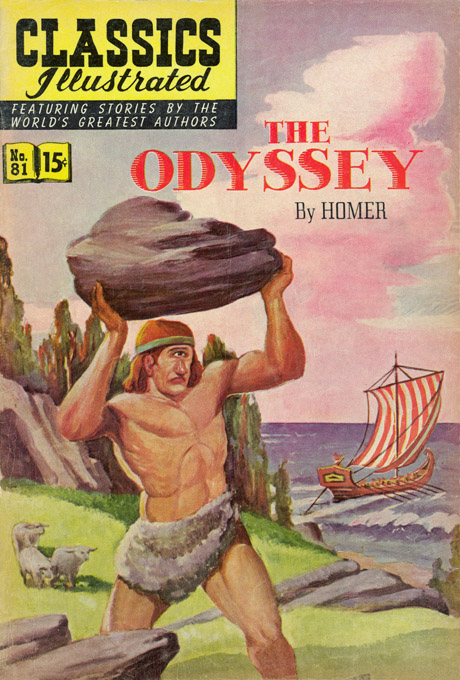
I suppose I have to think about the fact that studying the New Testament and Liturgy also inevitably leads to Greek study. I know that my Dad taught me a great deal that I only realize when I examine my own understanding carefully. For example, I knew that the sigma (the S) is written differently inside a word than at the end. I think my Dad told me this.
He also probably talked about the Greek words for love (agape, eros, philia… ). Reading in psychology and anthropology also leads to thinking about classical Greek ideas and myths.
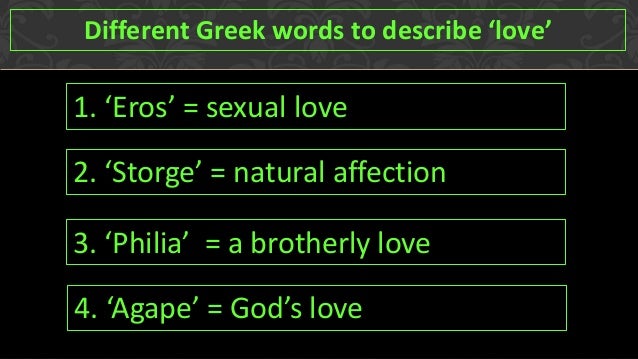
I struggled this morning with my Greek. At the end of each chapter is a particularly thorough and difficult set of exercises. The one I am working my way through now is a series of paired sentences, one in Greek to translate to English and then another in English to translate to Greek. As you understand and translate the Greek sentence, you are then supposed to apply some of the grammatical understanding to coming up with a Greek translation of a different English sentence.

Difficult.

I missed a harpsichord recital yesterday. My friend Rhonda was unhappy that she couldn’t attend and urged me to go. I didn’t. Besides my usual laziness I think it was partly because I would find it heartbreaking to be so close to harpsichord literature (which i adore and can play) and know that I don’t entree to Hope’s harpsichords.
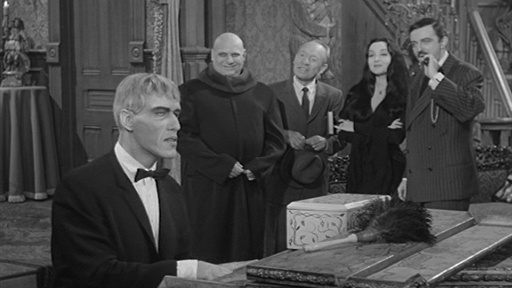
It’s slightly possible I could gain this access. But not likely.
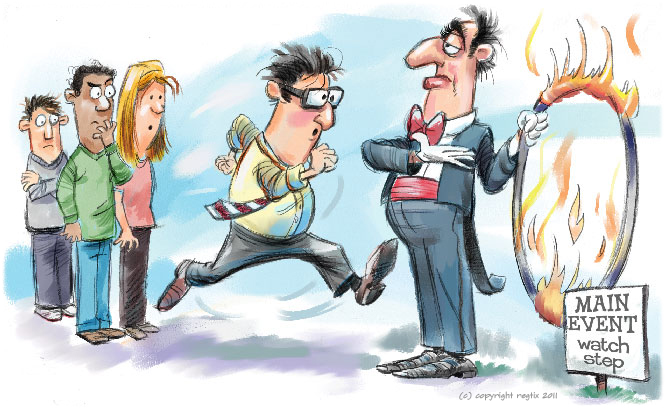
The organ/harpsichord guy at Hope will not “friend” me on Facebooger despite repeated requests. I can’t blame him entirely. He and I have a “past.” I tried to reconcile with him years ago, but apparently that didn’t work for him.
He and I probably live on different planets of being. His is more academic and British. Mine more autodidactic and definitely American. Maybe he just thinks I look weird. Who knows.
Anyway, Rhonda, if you read this, this is part of my reluctance to go hear that recital. I also picture a harpsichord rattling around in the large auditorium (where the new pipe organ is hidden). But judging from pics on Facebooger they held it in a more intimate setting.

That must have been nice. As Rhonda says the recitalist, Greg Cowell, is a fabulous player. I’m sure he did well.
However I glance over at my harpsichord with its eight functional notes and my spirits sag. I’ve got to get back to working on it. Soon.
I’m embedding this talk again because I think it’s so important. I reposted it on Facebooger where I point out that McChesney says at one point (18:46):
In the United States… when decisions are being
made, if you’re not at the table, when those
decisions are being made, you’re what’s being
served at the table. Right now the American people
are on the plate, they’re not on the table. Democracy
means you get them at the table as full participants
in the discussion.
America’s Ruling Class — And the Perils of Revolution | The American Spectator
When I searched for this metaphor quoted above I ran across its use in this 2010 article. I haven’t read it yet, but it looks interesting.
PJ Harvey to the Beatles: five songs that accidentally started a scrap | Music | The Guardian
This looks like fun. I plan to check it out with good speakers.
In Paris, a Protest Movement Awakens – The New York Times
Interesting story especially after listening to McChesney/Nichols lecture above.
Social Club at Harvard Rejects Calls to Admit Women, Citing Risk of Sexual Misconduct – The New York Times
And then there’s this unbelievably stupid thing. Hard to realize that this stuff continues.
My Writing Education: A Time Line – The New Yorker
George Saunders is on the speakers at the Festival of Faith and Writing at Calvin College this year. He is a writer that both Rhonda and I admire and read. Thanks to Rhonda for this link of a 2015 article by him.